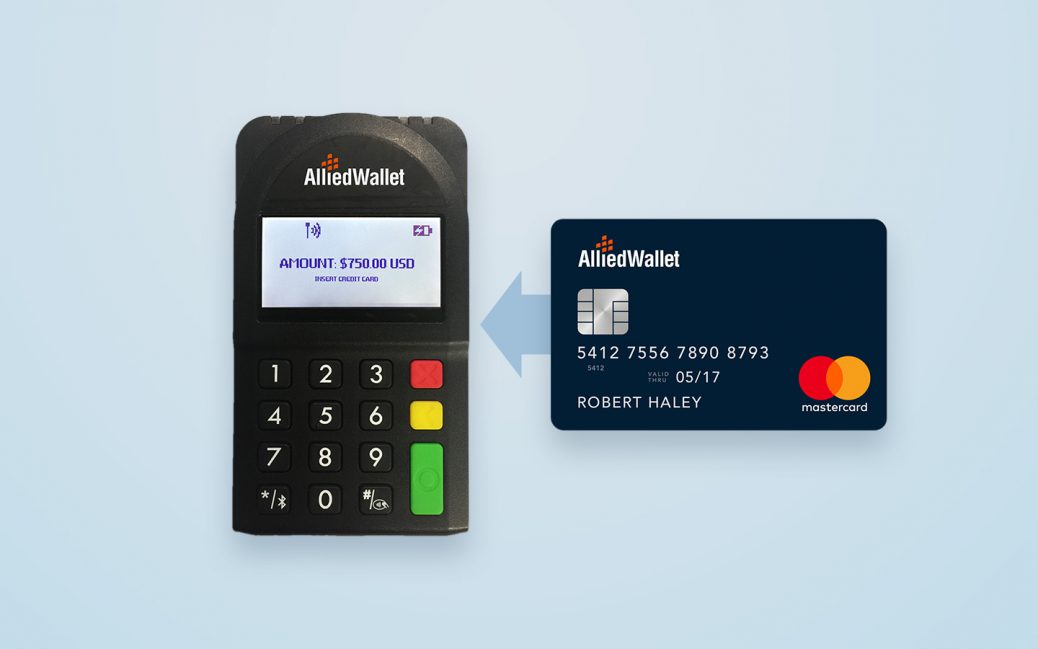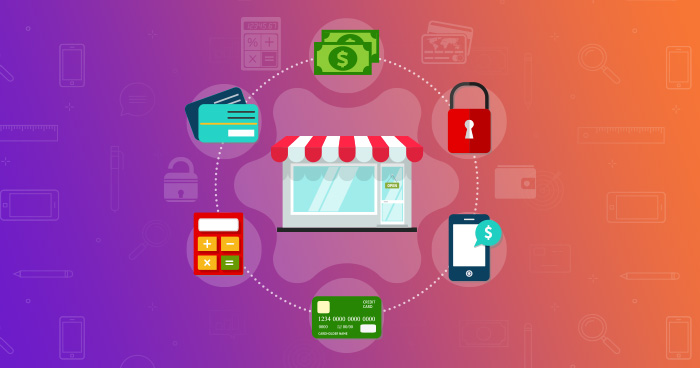As the economy continues to shift under pressure from technology and an increasingly interconnected marketplace, many industries are undergoing dramatic changes. While this happens in practically all fields, the effect has been particularly dramatic on payment processing. To further explore this idea, we took a look at Allied Wallet, a leading provider of global payment solutions. This analysis of the company and market conditions related to its services provides an informative look at this evolving area of commerce.
Company background
A quick overview of the company’s origins and current operations will help provide context before examining the broader economy of payment processing. Founded in 2006 by CEO Andy Khawaja, Allied Wallet has since emerged as one of the more significant payment processing companies (BusinessWire). As a result of this visibility, as well as a commitment to quality execution, Allied Wallet has been recognized by a range of organizations for successfully promoting growth, corporate culture, and innovation in the payment processing sector. These recognitions reach back to the early days of the company’s roots and help to tell the story of the team’s dedication to provide service in a rapidly changing field.
Much of this recognition has highlighted the wide variety of payment options supported by its technology. Since it is not uncommon for a payment solutions provider to focus on a single method of payment processing, the breadth of services provided by the firm has been key in setting it apart. We’ll dive into the specifics of these offerings below, but the overall effect of this type of variety has been to allow customers to make payments both in person and online with technology rather than cash.

Offerings
Allied Wallet’s vast service offerings provide an informative look at the global payment processing field. From the merchant’s perspective, the company’s technology allows sellers to accept a range of payment options, including all major credit cards as well as alternative payment methods. This service can operate in the currency of a merchant’s choice while also integrating with all widely available shopping cart applications. The technology is also compatible with mobile devices and includes 24/7 support for merchants and consumers alike. Access to the company’s dashboard allows merchants to track purchase data and helps businesses streamline sales data collection.
One of the company’s primary offerings to consumers is its eWallet technology. This software allows customers to easily pay family, friends, and business associates, while also providing an easy method for purchases both in person and online. Sending and receiving funds can be conducted at any time and is both quick and secure. Users also have the option to link a bank account to their eWallet and manage funds using a prepaid card. Prepaid cards can also be used digitally or at any store that accepts MasterCard.
Global implications
The above set of features from Allied Wallet reflects a need that has arisen in recent years due in part to the influence of some emerging economies around the world. One of these economies, China, has seen its influence grow at a notably rapid rate, prompting many companies to change how they do business to adapt. Reasons for these changes abroad are complex but are partially tied to the newfound spread of technology in places where access was previously lacking. The promise of secure and trackable payments is also especially attractive in an area of the world that has grappled with high levels of counterfeit currency usage and forms of in-person theft.
In practice, these changes have caused phone-based payment applications, like eWallets, to see widespread usage in a relatively short time. Partnerships between these software solutions and major online retailers have also helped to accelerate that usage. As a result, it is not uncommon for the default payment method in some areas of the world to now be digital, with cash being the exception rather than the rule. Again, changes like these have helped fuel the evolution of companies such as Allied Wallet and the influence they’ve had on the broader economy.

Security
Of course, payment processing is reliant on security to be effective. No one is interested in using a payment solution with a high potential of being hacked or otherwise compromised. As such, payment solution companies utilize standardized sets of encryption and security protocols to protect payments. These protocols, such as the PCI-DSS Level 1 compliance, serve to ensure that those digital payments are as secure as possible.
Similarly, high priority is placed on protecting customer data even beyond the access it provides to monetary funds. This data can include information used to identify a consumer and link them to their account. Without the above level of security, such data might be used to impersonate consumers. This is just an additional reason why industry leaders such as Allied Wallet place such a high priority on data security and ensuring that their software is functionally sound and encrypted.
With technological changes continuing at unprecedented rates, the state of the world’s economies will continue to adapt in ways that may not be entirely foreseeable. What can be predicted, however, is the continuing need for effective payment options to connect purchasers with merchants. To this end, companies such as Allied Wallet are working on updating their offerings on an ongoing basis to best serve customers. A look at how those offerings have changed and will continue to change over time is an informative window into how commerce continues to shift in response to market stimuli.
More about Allied Wallet at https://twitter.com/AlliedWallet?ref_src=twsrc%5Egoogle%7Ctwcamp%5Eserp%7Ctwgr%5Eauthor
Dil Bole Oberoi





